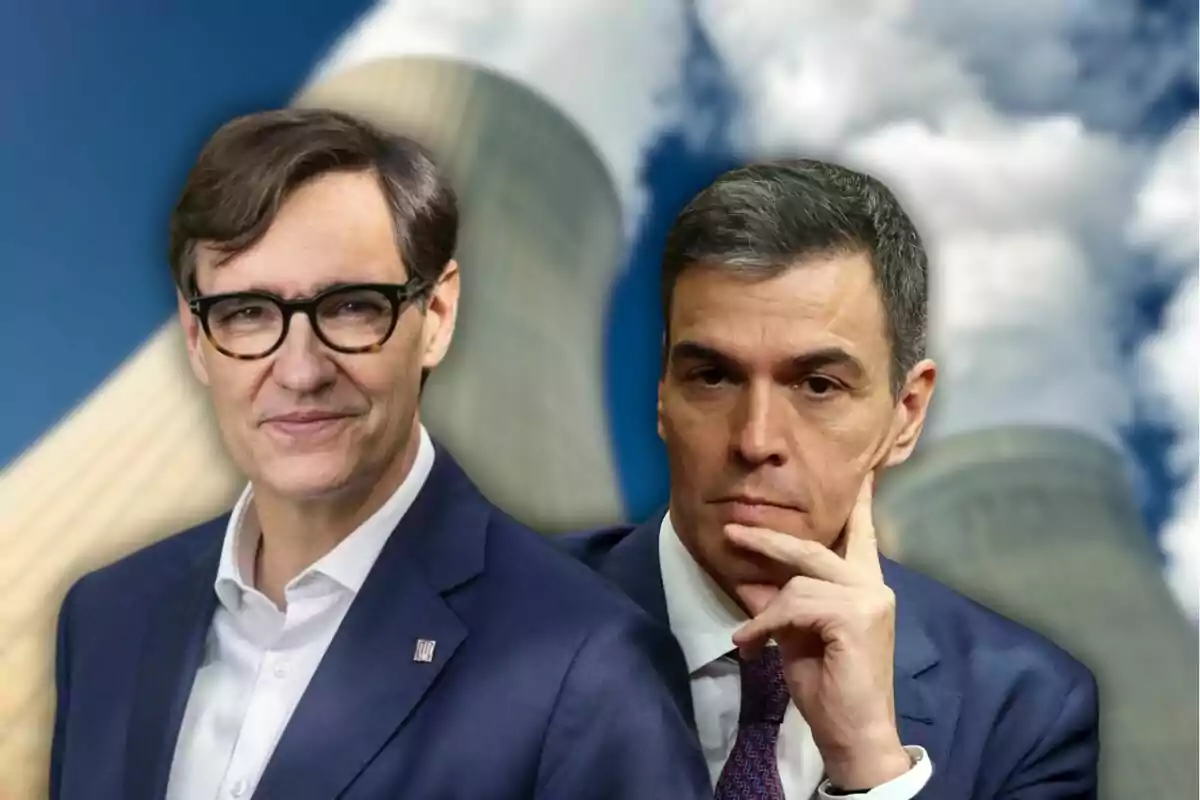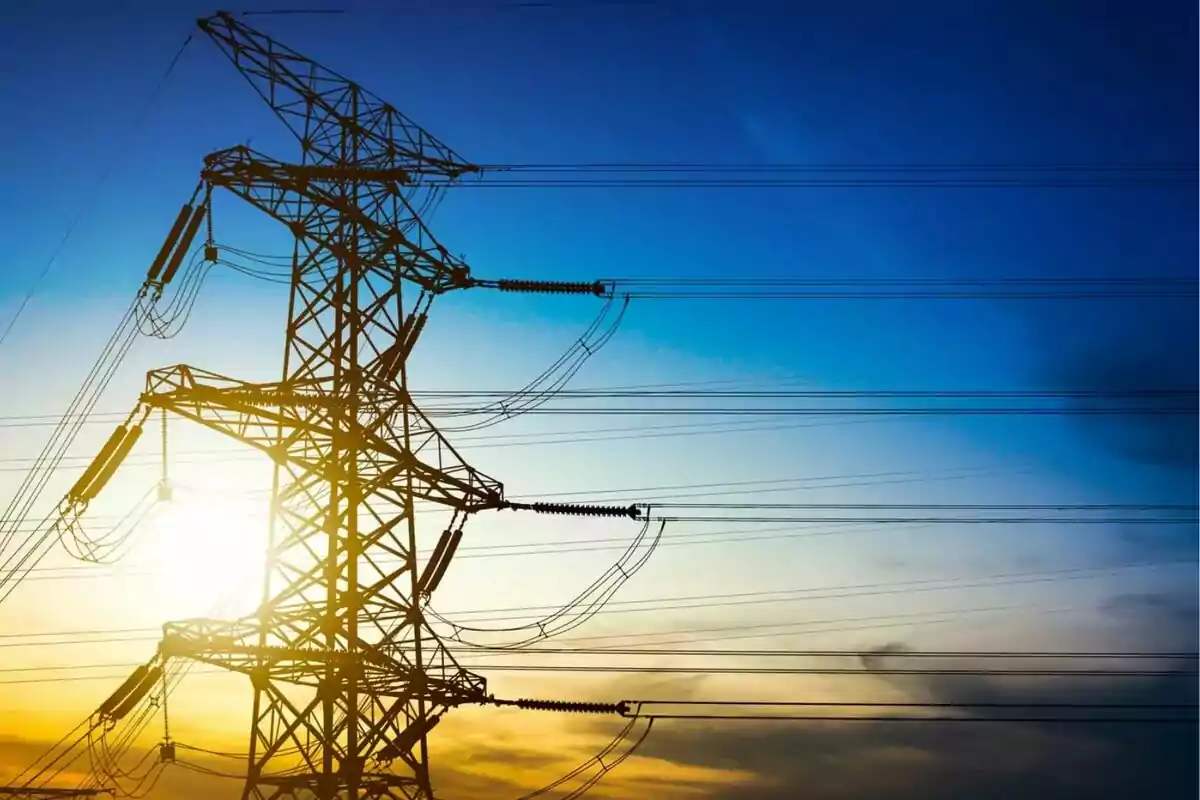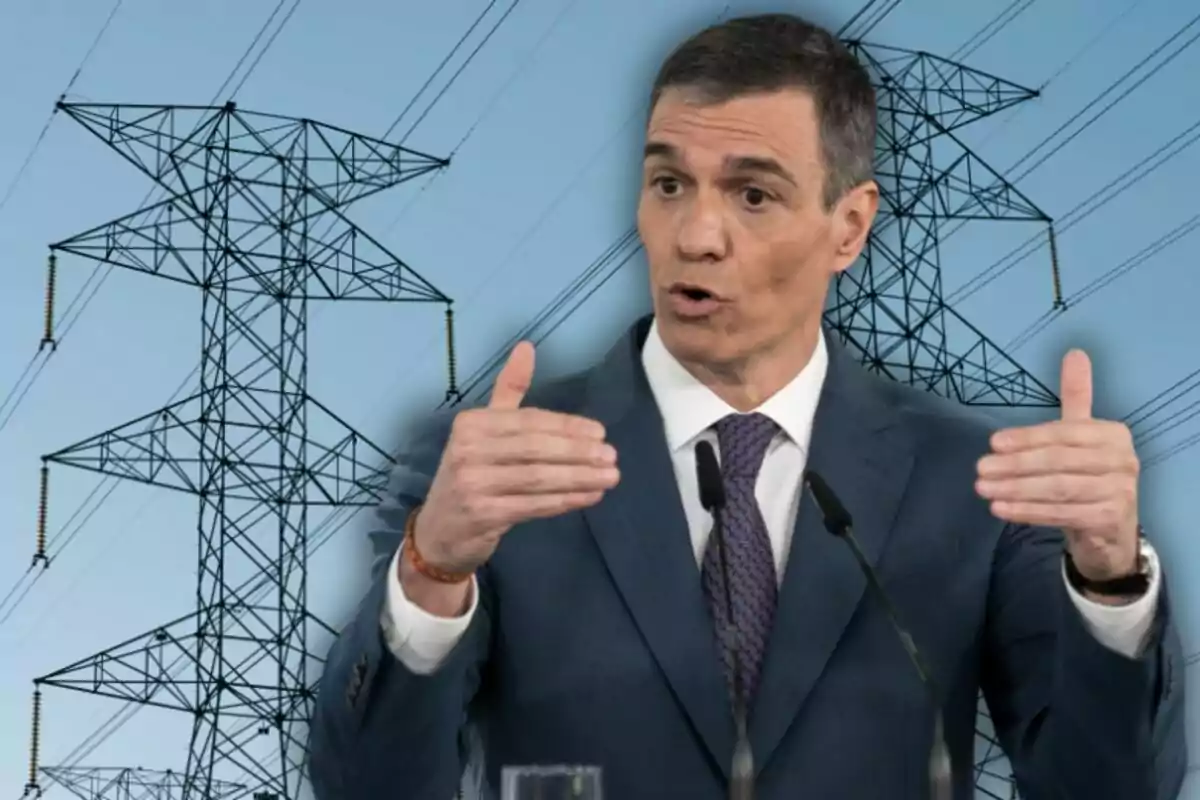
Catalonia and Spain, Upside Down from the World with Nuclear Energy
Many countries are reviewing their strategy in light of new evidence and the turbulent geopolitical context
The power outage on April 28 has exposed the energy model supported and promoted by the globalist establishment. In Spain, PSOE/PSC and their partners (ERC, Sumar, Comuns, CUP) have been the guardians of this dogma. A dogma that slips through their fingers as new evidence emerges every day.

Once the failure was confirmed, left-wing parties reacted by accusing those who even defend a mixed model of being "deniers" and "far-right." That is, advocating for renewables but without giving up nuclear energy.
The case of Catalonia is more glaring because they defend a model solely with renewables but are at the bottom of Spain and Europe in renewables. Only 14% of the electricity produced in Catalonia is wind or solar, while 60% is nuclear. Faced with the expected increase in demand, the closure of nuclear plants leads Catalonia to disaster.
A new fact has caught attention this week. In light of the new reality, 139 nuclear plants from various countries have extended their lifespan to 60 years. Nine of them, even up to 80 years.
In Spain, the socialist government plans to progressively close nuclear plants starting in 2027. A demonstration that Spain and Catalonia, in this as in many other matters, go against the world.
Against the World
President Pedro Sánchez's government plans to proceed with the nuclear shutdown despite many countries in the world reviewing their energy policy. For years, unlimited and at-all-costs decarbonization had been imposed as a dogma. But new scientific evidence and a turbulent geopolitical context have changed things.
Now many countries are reversing the closure of nuclear plants because they prefer to cover their backs. Giving up nuclear energy right now means losing energy sovereignty and exposing themselves to more dependency.

Germany's case is the most evident and the most dramatic. Angela Merkel decided to give up nuclear energy, and the result was extreme dependence on Russia, which, when the crisis in Ukraine erupted, left the country exposed. This sank the national industry and brought the country to the brink of recession while neighboring countries resisted.
The same could happen in Catalonia, where a nuclear shutdown without renewables ready could have consequences. Such as increased electricity costs for families and businesses, more energy dependency, and future blackouts.
Nuclear Energy, a Booming Sector
Spain has led for years the fervor for the green transition installed in the European establishment. The central government's suicidal strategy is enthusiastically defended by PSC in Catalonia, with the support of their partners.
This week, ERC reminded Illa that "the energy transition is not up for discussion" and that this is "a settled debate". Comuns and CUP have asked him to accelerate the transition to renewables. Curiously, they label the rest as deniers while they turn their backs on scientific evidence and reality.
Many countries around the world are doubling down on energy, with the construction of new plants and the reactivation of reactors that were paralyzed. Right now, there are 63 nuclear plants under construction, and 419 are operating in 35 countries.
Moreover, tech companies are increasingly betting on nuclear energy amid the boom of this type of energy. Although it may sound strange, the future currently lies in nuclear energy. And it's not surprising that organizations like the International Energy Agency have asked the Spanish government to reconsider its position.
More posts: